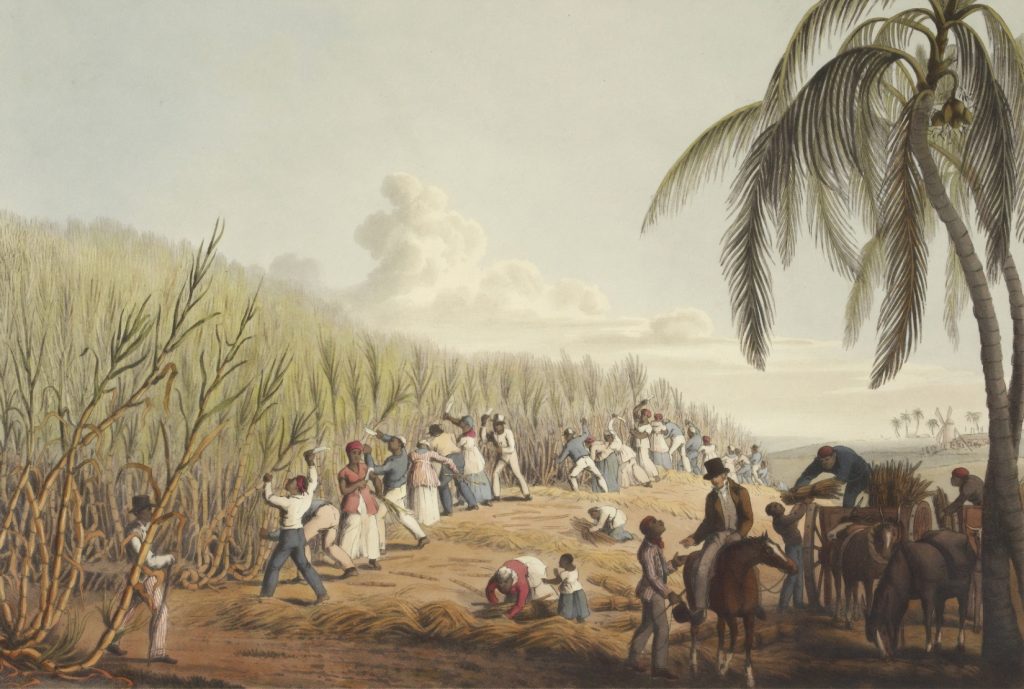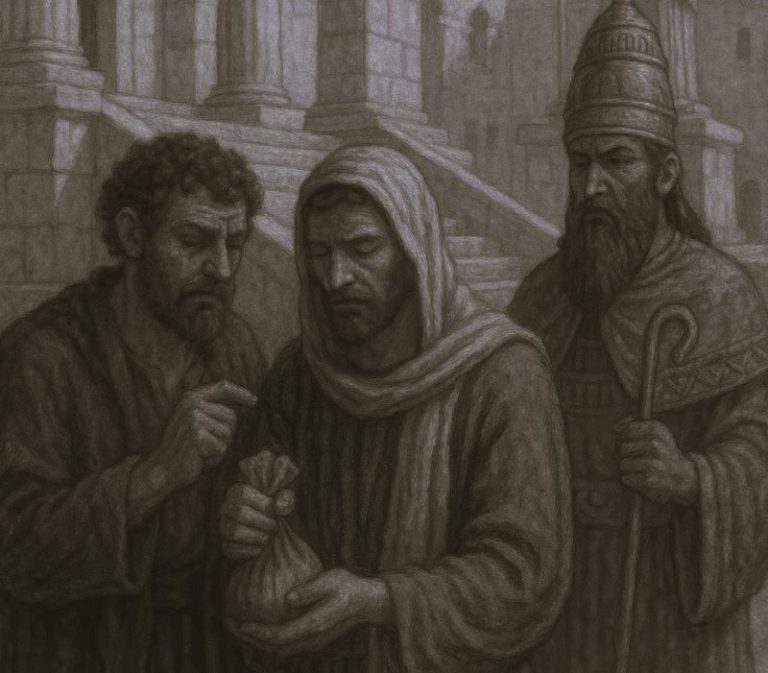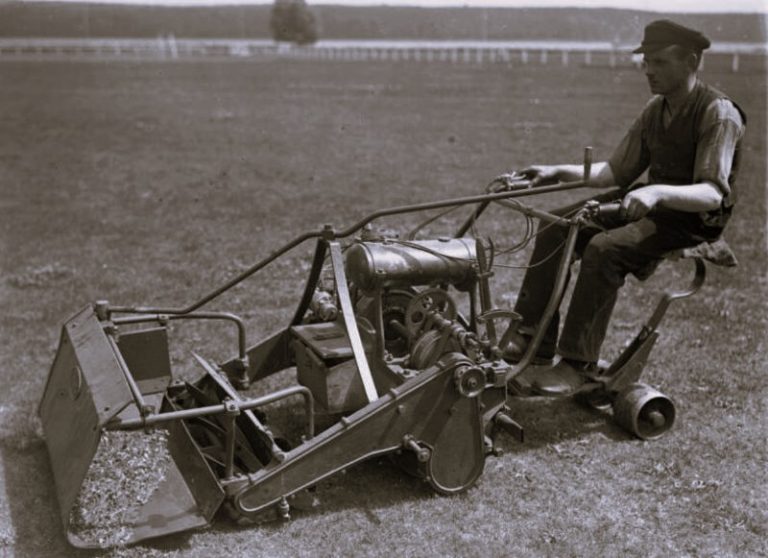

At school, we have all studied the amazing history of the two most important city-states in Greece, Athens and Sparta. Even after 2500 years, one of the most widely discussed war topics at academic institutions is the Peloponnesian War that broke out between the two. When I was given the task to write my assignment at the end of college to obtain my degree, this was the topic I chose.
Of course, I still needed some help seeing how I didn’t know how to write an introduction for an assignment that explores such an important topic. But, I’ll discuss that a bit later.
Every war is different in its own way, but this specific war is especially good to research due to the fact that the two city-states are extremely different. They had different forms of government, culture, not to mention their location.
Athens was located near the sea and walled from its surrounding. Inside those walls, it had the most talented sculptors and potters known in the history. The wealthiest of all Athenians constantly strolled the busy marketplace with their slaves.
On the other hand, we have Sparta. Spread across a fertile farming area without any walls to surround the city, Sparta was a closed society. With much simpler buildings and soldiers with stern expressions, you could see people marching in columns across the streets of this city-state.
There are simply too many differences between the two, making this topic one of the most interesting you can explore. I hope that my short explanation of them will be of assistance.
Sparta
In the beginning, Sparta started as a city-state of farmers. Soon after this, their population grew and they needed more land to do their work. This is when Sparta invaded the Messenians, their neighbors. After what seemed like a war that would never end, they conquered the land of Messenia and made its people their slaves. Interestingly, the Messenians outnumbered the Spartans by a lot – 10 to 1. And since they were treated terribly, they rose in revolt that took the Spartans 30 years to put down.
Without a doubt, this revolt brought huge changes for Sparta. To control their slaves, they built an extraordinary army, asking all Spartans to join. Their army was constantly filled with people who were bred to be soldiers and had to go through lifetime training.

This was an exceptionally important piece in my dissertation and also, the part I needed the most help with. I asked this assignment help in AU company to write my assignment for me when I reached this part of the history. It was rather harsh. Male children had to leave their home at age 7, while those who were deemed unfit were left to die at birth. For the following 10 years, they remained to live and train in barracks. Then, they had to find a wife at 20, but could not live with her until they were 30 years old. They remained a part of the army until the age of 60.

Since it was the women that were left behind, they became the leaders in the city-state. They went to court, owned land, and married older than other Greeks did. They weren’t afraid to stand up to their husbands, go out in public, or wear what they wanted.
Life was hard in Sparta. The mothers sent out their sons to war for most of their lives and many of them were killed in battle. They had two kings and a citizen assembly that had total power over the city-state (powers that extended to arresting the elders and the kings, even).
Athens
Athens was another very popular city-state in Greece and also, Sparta’s biggest competitor. But, it was also the most different city-state you can imagine.
In Athens, people enjoyed their freedom. They didn’t do as they were told like the Spartans. They ruled their own country instead of picking a few people to do it. In Athens, people voted and debated on laws in the Assembly.
This doesn’t mean that they didn’t have laws. They did have laws that they had to obey. They had to pay taxes, help run the city, and serve in the military. Those who didn’t do this were ostracized (expelled from Athens for 10 years).
Unlike Sparta that was a city-state of farmers, Athens was built on a land that was impossible to farm. The people there had to live on grapes and olives or import food from other cities. Since they had to build a trading society, Athenians became known for their artisans and craftsmen.
Women in Athens were nothing like those in Sparta. They were asked to stay at home and do their housework. It was the males who went out, hung out with people, and worked. Women even had to disappear when the men asked them to, especially if they had guests over. If they appeared before others, they had to wear veils and hide their faces, not to mention cover themselves completely with clothing.
Almost every home in Athens had a slave, while the rich people had over 50 of them. However, they treated slaves better than any other city-state, and especially better than the Spartans.
As you can see, the comparison between city-states has to include every field such as democracy, army, culture, government, work conditions, etc. This is what makes the topic of the Peloponnesian War the most interesting I’ve ever researched.






